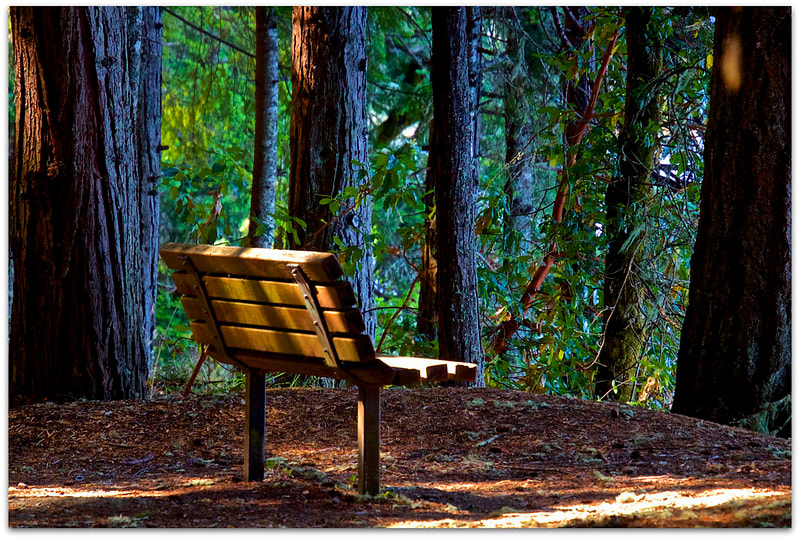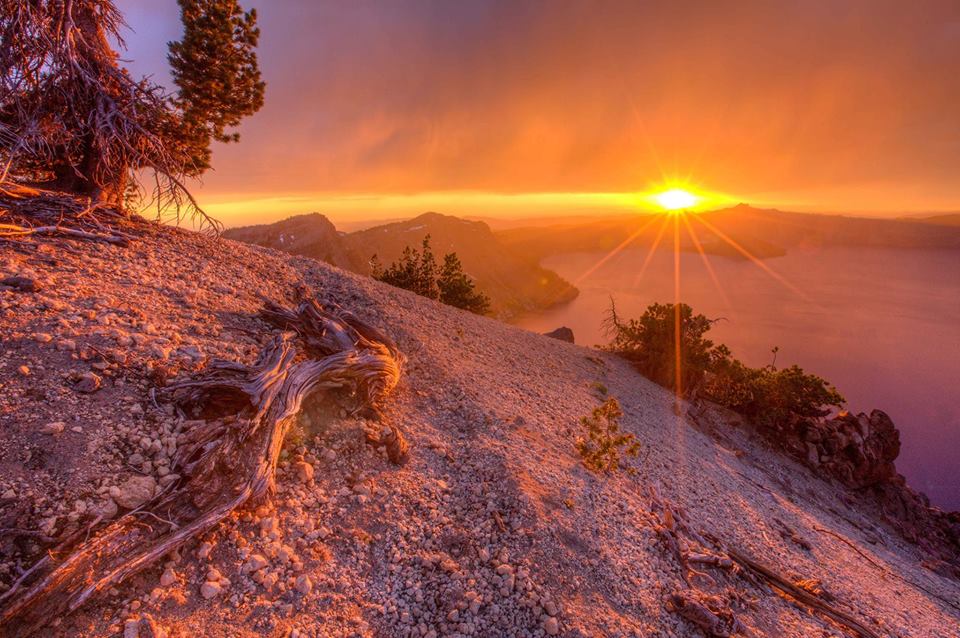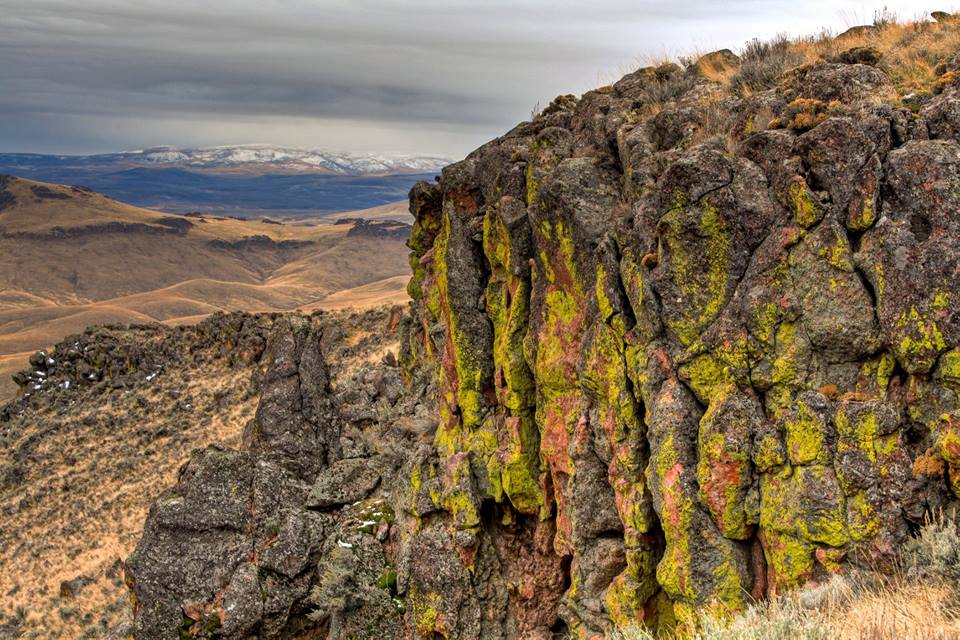"G" is for Gratitude
Patricia Adams Farmer
It is not joy that makes us grateful;
it is gratitude that makes us joyful.”
--David Steindal-Rast
Say Thank You to a Tree
Here in the Midwest, mid-November is a season of raucous beauty in the woods and parks. Aromas of cinnamon and apples fill our homes in anticipation of Thanksgiving, and dinner menus are already getting under way. This morning, I walked in a nearby botanical garden filled with stunning maples and oaks, all dressed up in variegated hues of red, yellow, green, and orange—colors that seem to melt into one another, softening the landscape with something close to tenderness. Their delicate beauty, translucent and fiery against the cold November sky, brought me close to tears. All I could do was thank the trees:
Thank you for your beauty, your mystery, your willingness to let go and change with the seasons, and for your graceful dignity as you bow toward winter. Thank you, too, for your luminous inner light that suggests the joyful presence of your creator. Thank you for sharing the earth with me.
A sense of joy flooded me, as this is the way of gratitude, a spiritual practice that offers almost instantaneous feelings of well-being and joy. Gratitude is an act of acknowledging with humility our deeply woven connection to people and trees and soil and sun. It is our way of saying “YES!” to the grace of the world.
But like every other spiritual practice, gratitude is not always easy, especially in dark times.
Gratitude in These Days?
Is it appropriate to be grateful in times as perilous as these? Our planet is in crisis, unending wars rage on, the gap between rich and poor grows wider, gun violence escalates, and white supremacists grow bolder. Does gratitude make us too content with the way things are? Isn’t “counting our blessings” simply too indulgent for times like these? On the contrary, gratitude might just be our savior in such times as these. Where else can our energy come from to “be the change” if, like flailing fish, we get hooked on despair or rage? Of course, despair and rage are perfectly natural for caring people in the face of such horrors as the plague of gun violence in America. But to be vigilant for change, despair is simply not an option, and rage must be channeled into action.
Gratitude can help us get our bearings once again, for it grounds us in mindfulness, opening fresh possibilities for creativity and change. For without gratitude, fiery fall trees would be lost on us, and so would the taste of apples or the touch on the arm of a caring friend. Without gratitude, we would hardly know what we are so passionate about saving or changing or reforming; without gratitude we would fall prey to the darkness around us. Joy, the offspring of gratitude, would be only a distant memory. But as the poet Jack Gilbert says, “We must have the courage to accept our gladness in the ruthless furnace of this world.” Perhaps, then, gratitude is a form of resistance.
Thankful for Everything?
As I write, the television screen is filled with unspeakable scenes of the worst church mass shooting in history—so, of course, we cannot be grateful for everything. And yet, for those who believe that God is an all-controlling deity who determines every jot and tittle of our world, there are grounds to be thankful for everything, even for mass shootings. Such horrifying acts are simply part of God’s unfathomable plan that “we cannot understand.” What I cannot understand is how this God can be comforting, or worthy of worship.
For those of us who cannot toss the responsibility of such horrors into the outer realms of God’s greater wisdom, we see that “the fault, dear Brutus, is not in our stars. But in ourselves”—and in this case, in our love of guns over our love of neighbor. As a process theologian, when I witness such horrific acts, I do not see God’s unfathomable ways, but rather human negligence and divine suffering. In my view, when the bullets flew over the congregation of First Baptist Church of Sutherland Springs, God was, in a sense, being crucified once again. Family and community were crucified once again. Love was crucified—again. In this view, God is not above our suffering, but smack in the middle of it, feeling the anguish of every scream. As Dietrich Bonhoeffer said, “Only the suffering God can help.”
But there is resurrection, too. As co-creators with God-Who-Is-Love, we must not only practice empathy after a tragedy, but also attention as we search for fresh sprouts of life—and water each shoot with gratitude.
Gratitude in Winter
In the midst of our unpredictable and increasing violent world, how can gratitude help transform the ugliness into what Whitehead calls “tragic beauty”? We can, of course, be grateful for unity and community and a sense of connection that follows a tragedy, and for every compassionate gesture offered. On a spiritual level, we can be grateful for the presence of an all-loving, suffering God who mourns with us. We can also be grateful for moments of resurrection in every act of kindness, mercy, and justice. Only a God of suffering love, deep presence, and creative transformation can offer the world fresh sprouts of possibility on such a bleak landscape as we find ourselves now. It is up to us to nourish these tiny sprouts of hope with frequent and joyful bursts of gratitude.
We know that winter is near. We know that the fiery red joy and soft golden fullness of today will soon give way to a bare, woody landscape of longing. And yet, we have stored up moments of gratitude like the industrious squirrels saving up their acorns. We will not starve for beauty in winter if we are grateful in autumn.


